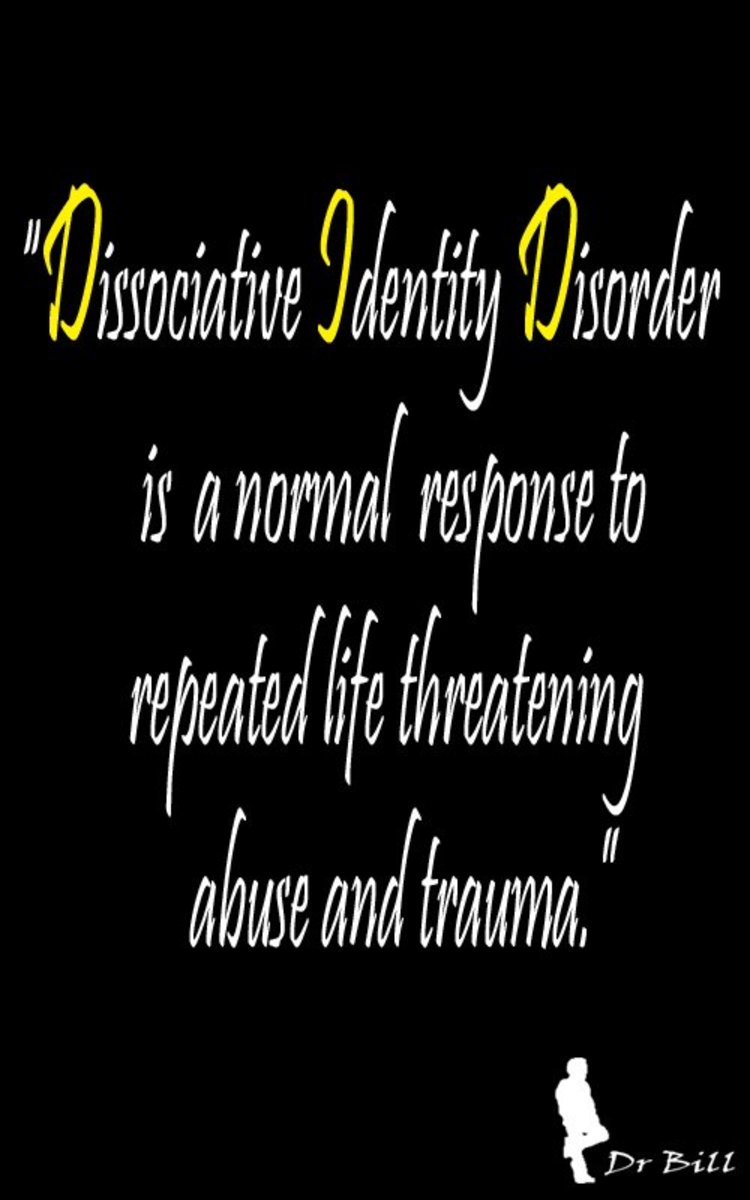Identity Theft Protection and Prevention
Don't become a victim of financial fraud. Protecting yourself against scumbags who use the Internet to steal your financial information requires constant vigilance and the right tools. The insecure nature of the Internet makes a fertile territory for would-be identity thieves. Light criminal penalties and online anonymity make online identity fraud the crime of choice for modern lowlifes.
Given how difficult it is to sort things out after you've become the victim of identity theft, it makes sense to take the necessary steps to protect yourself and minimize the chances that you'll become another unhappy statistic.
Identity thieves can get access to your records by:
- Stealing pre-approved credit offers from the mail or taking unused checks, credit card receipts, bank statements, or other financial documents from your trash.
- Calling you and pretending to represent your bank, insurance company, or even a government agency.
- Bribing employees of stores or credit agencies to provide information
- Scamming you by pretending that you've won a prize that you must provide identity information in order to claim
- Getting you to install a virus on your computer that then steals information about your financial accounts.
- Gaining unauthorized access to your online accounts by stealing or cracking passwords.
Often people don't discover that their identity has been stolen until bills arrive in the mail or bill collectors start calling. By that time they may be on the hook for thousands or even tens of thousands of dollars.
Once they've been victimized by identity theft, it can take consumers months of phone calls and letter writing to straighten things out. An ounce of prevention is worth much more than a pound of cure in the case of financial fraud. Don't become a victim. Simply using common sense and few smart prevention techniques can help to minimize your chances of becoming a victim of identity fraud.
Identity Theft Protection
The first step towards preventing identity theft is simply to stay on top of your financial situation at all times. You should open all bank and credit statements as soon as you receive them even if you won't be making payment for a few weeks to insure that no improper charges appear. In addition, your should:
- Keep a list in a safe place of all your credit card accounts, bank accounts, IRA and brokerage accounts, along with the customer service numbers of the accounts and the names of any family members that may appear on joint accounts.
- Any mail you receive from financial institutions with whom you don't have accounts should also be opened immediately to make sure no one has opened an account in your name.
- You should also make sure that you receive all your statements at the proper time of the month. Not receiving a statement may indicate that someone has changed the address associated with the account. If this happens make sure to deal with it immediately.
- Keep up with your credit report. Every consumer is entitled to a free credit report annually from each of the credit agencies (see annualcreditreport.com for more information). Make sure that you take advantage of this offer to insure that no improper accounts appear on your report. For a fee, most of agencies also will alert you as to any new activity that appears on your report. It may be worthwhile to take advantage of this.
- Buy a decent shredder, and get into the habit of shredding any unused credit card offers, checks, and other unneeded financial documents. Some cities also have local companies to whom you can take unused financial document to be shredded and disposed of in a secure manner.
- Never write your Social Security Number or credit card number on a check. This is unnecessary since merchants can verify the validity of the check in other ways.
Protecting Against Online Identity Theft
Unfortunately, the anonymity and generally insecure nature of the Internet makes it a perfect stalking ground for identity thieves. Here are some of the steps that you can take to protect yourself and make it less likely that you'll become victimized:
- Use a good anti-virus software. Computer viruses are a key vulnerability point for being victimized by identity theft. Make sure you have a good anti-virus program, and make sure it's updated regularly to catch the most recent viruses.
- Avoid emails that might be "phishing" attempts. Phishing emails masquerade as coming from your financial institutions and try to get you to leave your account information on phony sites. Be very suspicious of emails that purport to come from financial sites. Always make sure that the site you're visiting is really the right site and not a "look-alike" address that is similar. Visit antiphishing.org for more information.
- Use a secure browser. All web browsers have some vulnerabilities, but some are worse than others. If you're using an outdated web browser like Internet Explorer 6.0, upgrade to a more recent version.
- Consider keeping your most important accounts off the Internet. Like it or not, the Internet simply isn't secure. Keeping your most important accounts offline is the ultimate way to ensure their safety. Phone access may be slightly less convenient than web access, but it is unquestionably more secure.
- Use different passwords for your different Internet accounts. Reusing the same password is more convenient, but anyone who has access to that password can plug it into a different account, making it much less secure. Use a separate password for each account, and make sure to use a secure password that has an alpha-numeric combination that makes it hard to guess.
What To Do If Your Identity Has Been Stolen
If, despite all your precautions and preparations, you do find yourself the victim of identity theft, don't panic. With patience and persistence, you have a good chance of sorting the situation out with no significant long term loss to yourself. Bear in mind that the process will take significant time and require persistent action on your part.
- First, report the crime to the police. They may send an officer to your home, or you may have to visit the local police station to fill out a crime report.
- Contact the three national credit bureaus, Transunion, Equifax, and Experian to begin the process of getting the false information off your credit report. Expect this to take some time and be prepared to follow up repeatedly with calls and letters until you're sure that your credit reports are correct.
- Contact your credit card companies to cancel the existing cards and get new ones issued.
- Do the same with cards linked to your bank accounts. If necessary, have the accounts closed and open new ones. When cancelling credit or bank accounts, always make sure that the accounts are reported to credit agencies as "closed at customer request."
- Visit the FTC's anti-identity theft website for more.








